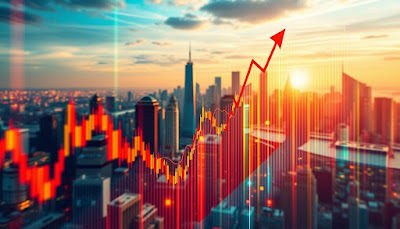In my previous post, I discussed using a 5.5% return to sustain a consistent drawdown for retirement expenses, primarily through investments in index funds or ETFs. In this post, I’ll dive into how I’m currently implementing this strategy as I prepare for my future retirement.
Since this is my retirement fund, ensuring its resilience during economic downturns is critical. For instance, it’s essential that the portfolio remains sustainable even during harsh periods like the "Lost Decade", a time when the return of the S&P 500 was Negative. To address this, I will be backtesting my portfolio against this worst-case scenario in market history. This helps me evaluate its performance during extended periods of low or negative returns, ensuring that my strategy is robust enough to withstand such challenges. I’ll also explain why this portfolio is particularly suitable for my retirement goals.







